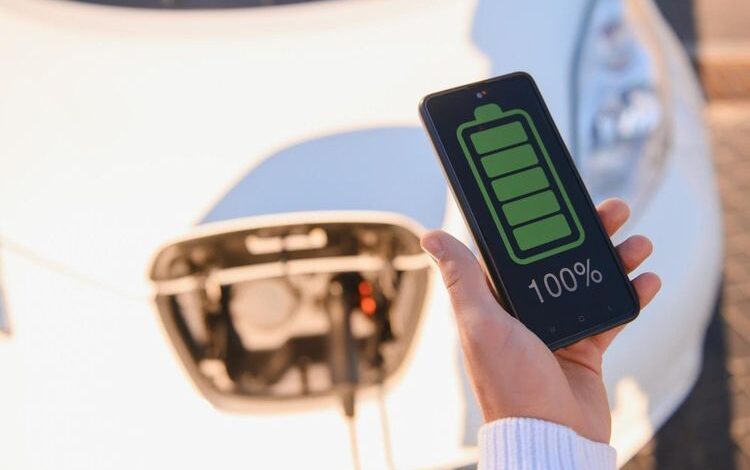Xiaomi’s Strategic Expansion Into Electric Vehicles: A Look At The Su7’s Market Entry And Future Plans

$1810.HK
In recent developments, Xiaomi Corporation (HKG: 1810), a leader in the global technology market, has announced its ambitious plans to expand its product line and enter new international markets. This strategic move aims to diversify Xiaomi’s revenue streams and reduce its dependence on the highly competitive smartphone market. The Beijing-based corporation has set an ambitious target to deliver 120,000 units of its SU7 electric vehicle this year, marking a significant increase from its initial goal of 100,000 units. This adjustment reflects the company’s confidence in its new automotive venture and its ability to meet rising consumer demand. In the first quarter of the year, Xiaomi reported a robust 27% increase in revenue year-over-year, amounting to 75.5 billion yuan (approximately $10.42 billion). This growth was propelled by a strong recovery in the global smartphone market, where Xiaomi’s shipments surged by 33%, securing a 14% market share and reinforcing its position as the third-largest smartphone manufacturer globally.
These impressive figures, the company experienced a slight 1% drop in profits, totaling 4.1 billion yuan. Xiaomi’s foray into the electric vehicle market began with the launch of the SU7, a sedan that has quickly gained traction. As of the end of April, Xiaomi had received 88,063 orders for the SU7, with 10,000 of these vehicles already delivered to customers by mid-May. The company’s strategic move to start double-shift production next month is aimed at ensuring that monthly deliveries can surpass 10,000 units, a clear indicator of the strong market demand for this model. The corporation’s commitment to the EV market extends beyond immediate production increases.
Xiaomi is also developing a sport utility vehicle (SUV) akin to Tesla’s Model Y, with plans to launch as early as 2025. This new vehicle represents a significant expansion of Xiaomi’s $10 billion EV initiative, which is part of a broader strategy to diversify its revenue streams beyond the highly competitive and volatile smartphone market. Xiaomi’s entry into the EV market is not without challenges. The industry is crowded, with established players like Tesla and BYD leading the way and numerous other companies vying for market share. However, the strong brand presence in China, coupled with its technological expertise, provides a solid foundation for its automotive ventures.
In addition to its automotive pursuits, Xiaomi continues to innovate in its core areas of business. The company plans to expand its smart-driving unit by adding 500 engineers to the existing team of 1,000 this year, with a budget of 1.5 billion yuan allocated for this project. This expansion is part of Xiaomi’s ongoing efforts to integrate advanced technology into its product offerings, enhancing its competitive edge in both the smartphone and automotive markets. As the industry navigates the complexities of the EV market, its approach involves a careful balance of expanding its product line and enhancing production capabilities. The progress in the EV sector is closely watched by industry analysts and consumers alike, as it shapes up to be a key player in the global shift towards electric mobility.
**DISCLAIMER: THIS CONTENT IS FOR INFORMATIONAL PURPOSES ONLY AND SHOULD NOT BE INTERPRETED AS INVESTMENT ADVICE. INVESTING INVOLVES RISK, INCLUDING THE POTENTIAL LOSS OF PRINCIPAL. READERS ARE ENCOURAGED TO CONDUCT THEIR OWN RESEARCH AND CONSULT WITH A QUALIFIED FINANCIAL ADVISOR BEFORE MAKING ANY INVESTMENT DECISIONS.**

